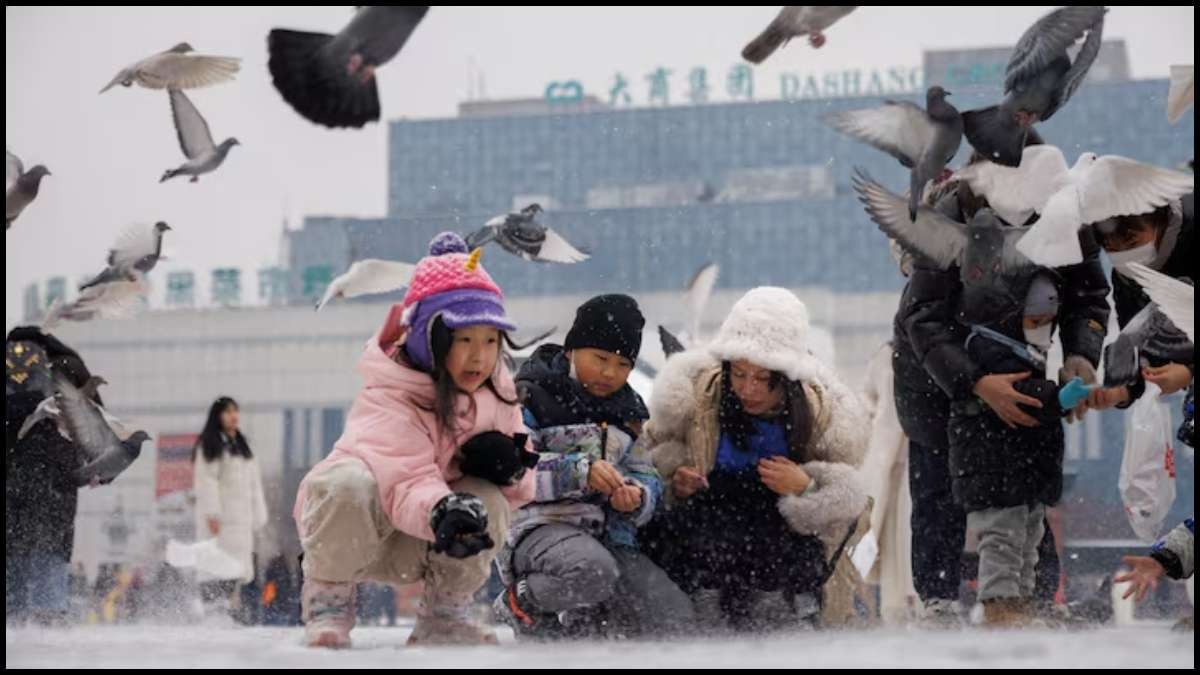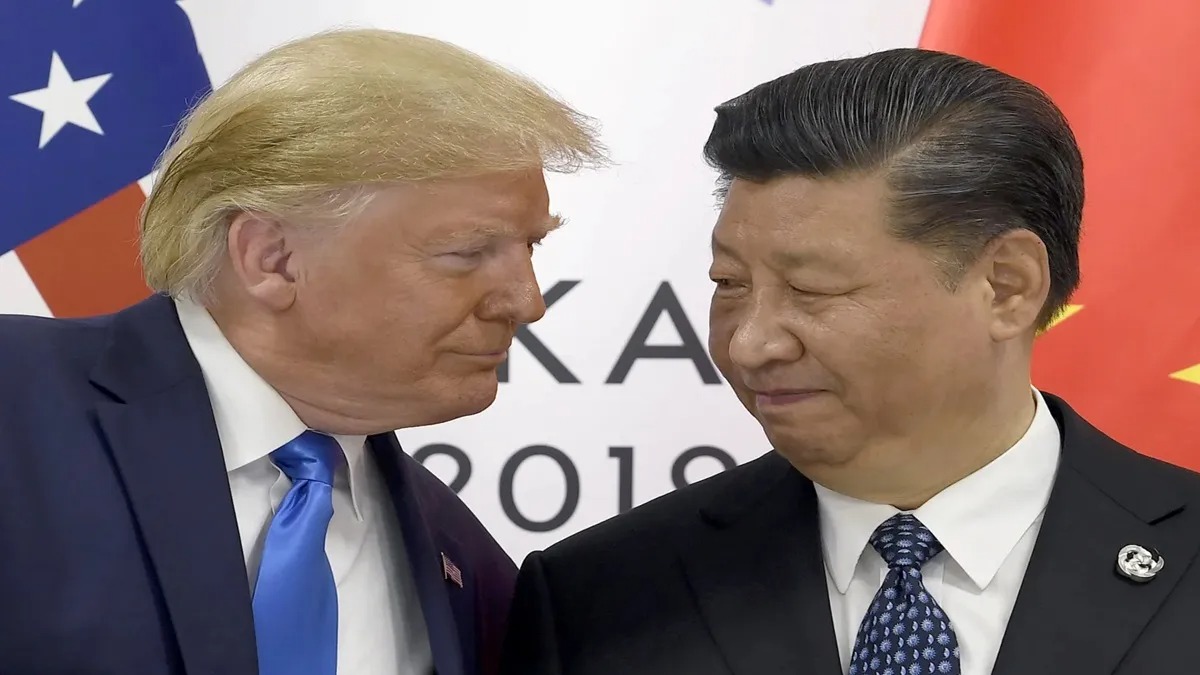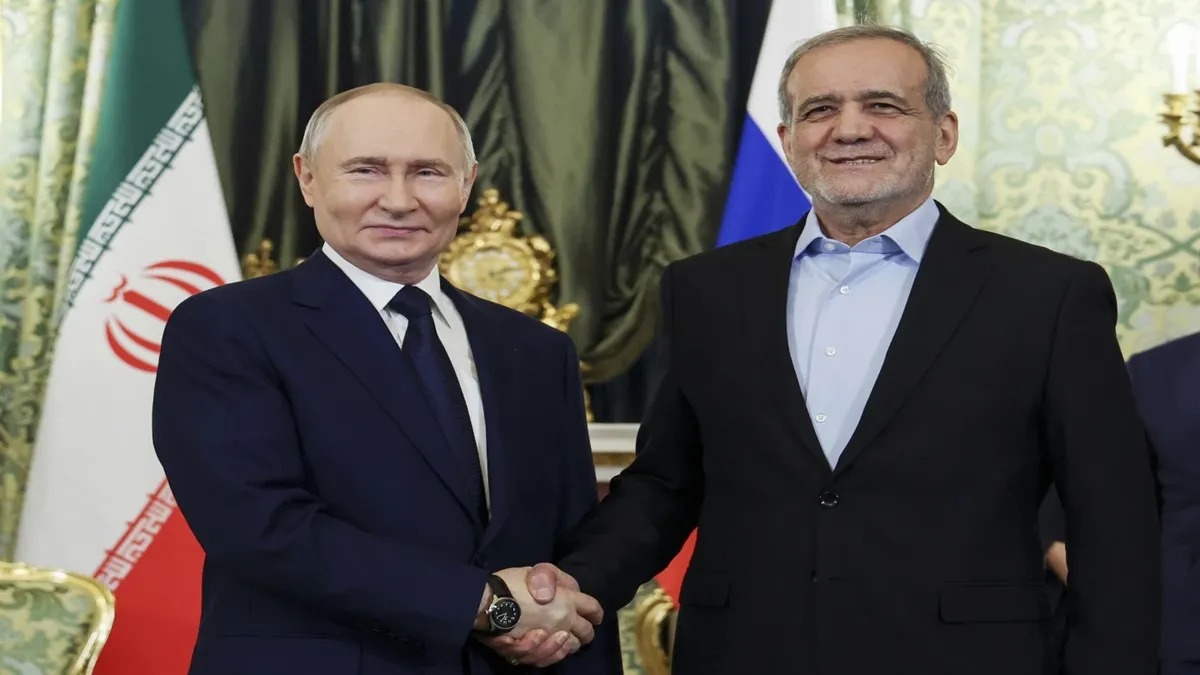
International: China has decided to no longer send children overseas for adoption, overturning a three-decade rule that was rooted in its once strict one-child policy. Foreign Ministry Spokeswoman Mao Ning said the Chinese government had adjusted its cross-border adoption policy to be "in line" with ongoing international trends.
Notably, over 160,000 Chinese children have been adopted by families across the world since 1992, when China first opened its doors to international adoption. Around 82,000 of these children, mostly girls, have been adopted in the United States, according to China's Children International (CCI).
"Apart from the adoption of a child or stepchild of blood relatives of the same generation who are within three generations of foreigners coming to China to adopt, China will not send children abroad for adoption," Mao said. "We express our appreciation to those foreign governments and families, who wish to adopt Chinese children, for their good intention and the love and kindness they have shown."
Why is China halting foreign adoptions?
The rule change comes as Chinese policymakers struggle to encourage young couples to get married and have children after the population fell for two consecutive years. China has one of the lowest birth rates globally and has been trying to incentivise young women to have children.
However, most of Chinese youth have been put off from having children due to the high cost of childcare, tensions over job security and their future outlook as growth in the world's second-largest economy has experienced a slowdown. A similar trend has been seen in neighbouring countries like Japan and South Korea.
China's move to halt international adoptions also follows the decision made by the Netherlands in May to ban its citizens from adopting children from foreign countries. In Denmark, people will no longer be able to adopt children from abroad after the only adoption agency said it was stopping operations.
China implemented a rigorous one-child policy from 1979-2015 to reduce its population. When families were restricted to having only one child, many opted to keep male children, who are traditionally expected to be the main caregivers for their families and give up females for adoption.
US concerned with China's move
The United States has sought clarification on how the decision will affect hundreds of American families with pending applications, according to The Guardian. It was not immediately clear what would happen to families who were in the process of adopting children from China.
In letters sent to some adoption agencies on Wednesday, and shared on social media, the US State Department said it had been told by Chinese authorities that all other pending adoptions were cancelled, except those with already issued travel authorisations. "We understand there are hundreds of families still pending completion of their adoption, and we sympathise with their situation," said the department.
In a call with US diplomats in China, Beijing said it “will not continue to process cases at any stage” other than those cases covered by an exception clause. A US consulate issued 16 visas for adoptions from China from October 2022 through to September 2023, the first in more than two years, the State Department report said.
--Advertisement--

 Desk
Desk Share
Share






